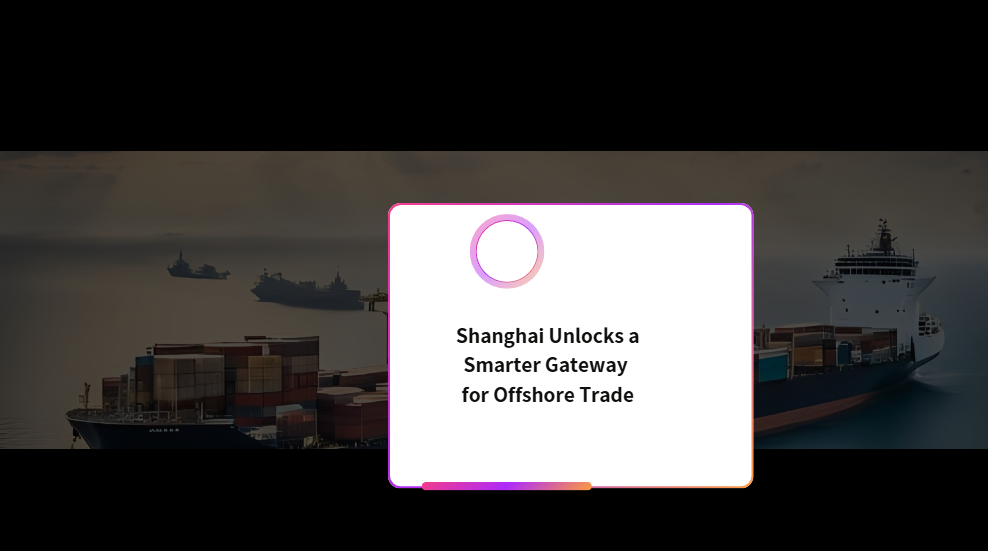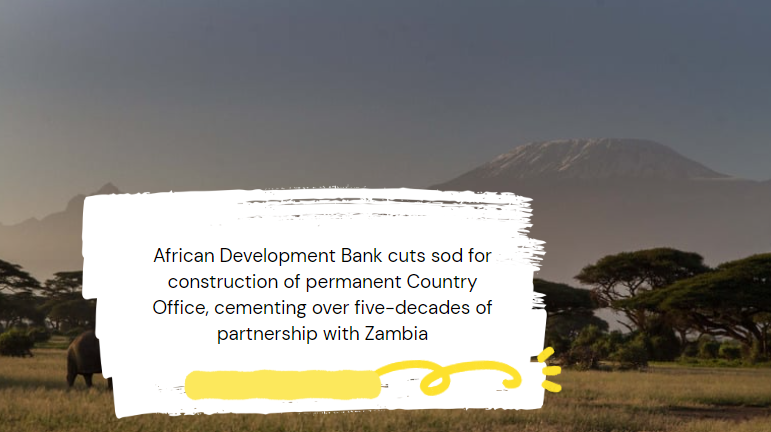Global CEOs Converge in Qingdao: Tapping Into China’s New Wave of Openness and Industrial Synergy
本文包含AI辅助创作内容
2025 Multinational Leaders Summit to unveil new opportunities in AI, silver economy, green tech, and beyond
Against a backdrop of accelerating global realignment and industrial transformation, the 6th Multinational Company Leaders Summit is set to take place in Qingdao from June 18 to 20. Co-hosted by China's Ministry of Commerce and the Shandong Provincial Government, the Summit arrives with renewed purpose: to help multinational firms not just understand China—but invest in it, integrate with it, and thrive through it.
With 471 senior executives from 43 countries already confirmed—over 100 of them first-time participants—the Qingdao Summit continues to evolve from a policy dialogue into a high-level marketplace of ideas, capital, and trust.
“This year's theme, ‘Multinational Corporations and China: Connecting the World, Sharing Opportunities', captures our goal—to transform this platform into a compass for new growth, a barometer for openness, and a bridge for win-win cooperation,” said Li Xingqian, Deputy International Trade Representative of China, at a June 13 press conference.

From Policy Signals to Real Business: A Program That Matters
This year's summit features a meticulously curated mix of strategic forums, closed-door policy briefings, and sector-specific matchmaking events. Highlights include:
The Opening Ceremony + MNC High-Quality Development Forum
Three flagship thematic forums, focusing on investment cooperation, global trends, and cross-border resilience
A lineup of 14 specialized sessions, including the Overseas Fund Forum, Silver Economy Roundtable, and the Low-Altitude Aviation Innovation Forum
The 2025 edition of the annual report: “Multinational Companies in China”, providing data-backed insights into new investment frontiers
Unlike traditional economic summits focused solely on macro policy, Qingdao's format brings industry clusters, funding networks, and innovation labs into direct dialogue. “We've created not just a conference, but a living map of China's future-facing economy,” one organizer noted.
Emerging Themes: Where Global Vision Meets Local Action
This year's programming isn't just wide—it's deep, and refreshingly current. Among the new forums:
China–Germany Development Dialogue: Delving into manufacturing digitization and sustainability
China–Arab High-Quality Cooperation Roundtable: Bridging the Belt & Road with Middle Eastern capital and energy innovation
Chain-Based Investment Symposium: A new model of supply chain diplomacy, linking MNCs to Chinese industrial zones via curated matchmaking
To facilitate real action, organizers have also planned 28 investment scouting routes, allowing MNCs to tour key industrial hubs across Shandong—from biomedical parks to smart manufacturing clusters—facilitating project-level negotiation and partnership.
A Global Gathering in Numbers
“The circle of international friends keeps growing,” said Song Junji, Vice Governor of Shandong. “What's more important is that the conversations are turning into factories, research labs, and global supply chain nodes.”
Insight and Strategy: What the 2025 Report Will Reveal
At the heart of the summit's intellectual offering is the release of the “Multinational Companies in China”report, authored by the Chinese Academy of International Trade and Economic Cooperation.
This year's edition, according to institute president Wang Xuekun, will explore seven dimensions of China's appeal for FDI:
Policy certainty and legal predictability
Operational security and supply chain resilience
Regulatory openness and reform direction
New sectoral frontiers, including green energy, digital services, and healthcare
“We want this to be more than a snapshot—it's a strategic roadmap for how multinationals can evolve with China,” said Wang.
The report also tackles rising investor priorities: carbon neutrality paths, ESG compliance, and how MNCs can localize talent while preserving global standards.
Qingdao: A City That Mirrors China's Openness
The host city, Qingdao, is more than a backdrop—it's a case study.
With 179 Fortune 500 companiesinvesting in over 400 projects, Qingdao exemplifies the success of China's hybrid model: strong state infrastructure, thriving private sector innovation, and open-door policies toward foreign business.
“Through this summit, multinationals don't just see policies—they witness them materialize into tech parks, trade zones, and global partnerships,” said Zhao Yan, Vice Mayor of Qingdao.
Policy Commitments: From Words to What Works
China continues to signal its commitment to long-term openness, especially in sectors ripe for innovation. Key forthcoming policies include:
New pilot programs in cloud computing, biotech, and wholly foreign-owned hospitals
An expanded “Encouraged FDI Industries” list, opening more sectors to foreign participation
New reinvestment incentivesfor global firms to deepen their China footprint
An active roundtable mechanism, taskforces, and business service day programsto resolve concerns from foreign investors swiftly
“We will listen, respond, and deliver. China remains committed to being a trusted partner for multinationals,” Li Xingqian reiterated.
A Summit That Builds Futures
Since its inaugural edition, the Qingdao Summit has become a strategic stage for aligning multinational goals with China's transformation—from factory of the world to laboratory of the future.
Its true value? Converting big ideas into bilateral action.
“This isn't just about doing business inChina,” said one delegate. “It's about building the future with China.”





















































First, please LoginComment After ~